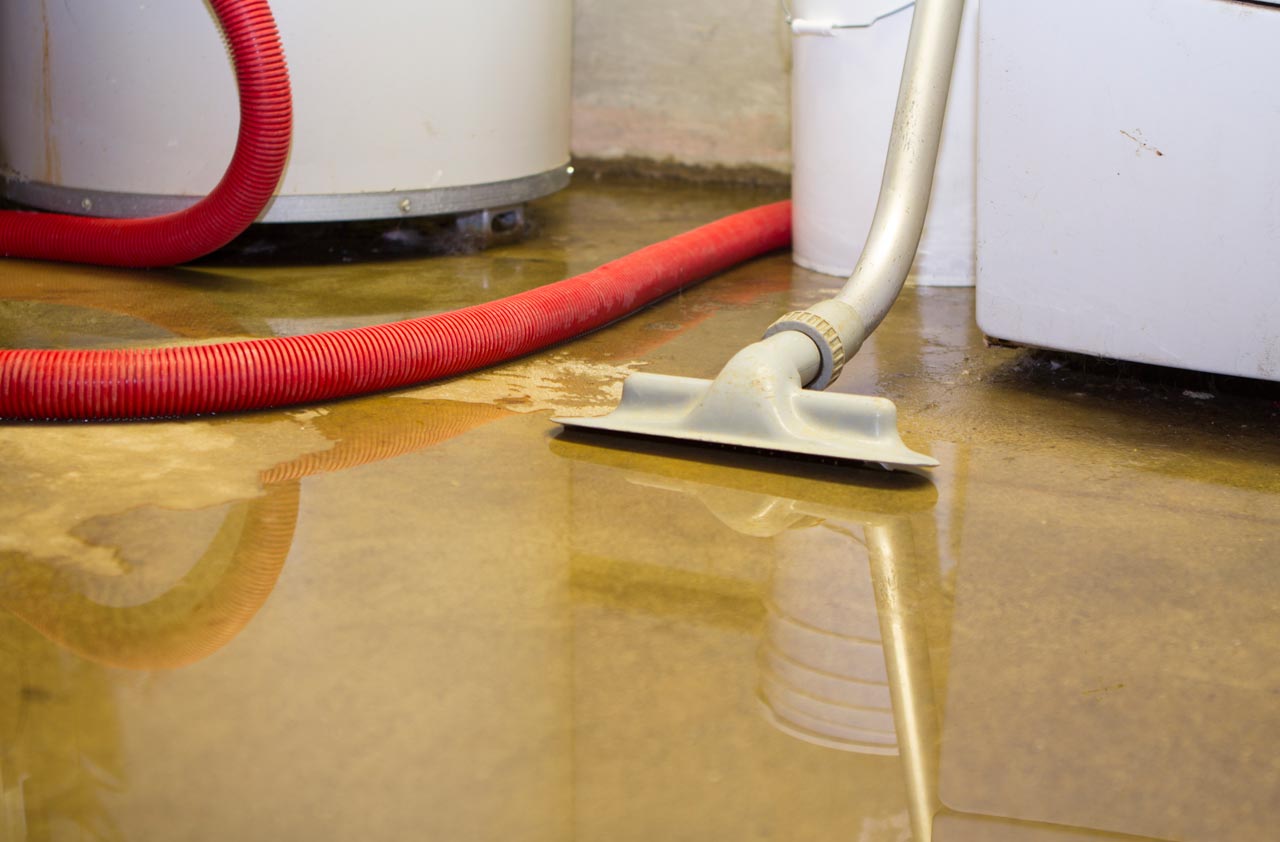Borrowing from a 401(k) to Make a Down Payment
Make sure you understand the rules and risks before tapping your retirement savings to pay for a home.

Profit and prosper with the best of Kiplinger's advice on investing, taxes, retirement, personal finance and much more. Delivered daily. Enter your email in the box and click Sign Me Up.
You are now subscribed
Your newsletter sign-up was successful
Want to add more newsletters?

Delivered daily
Kiplinger Today
Profit and prosper with the best of Kiplinger's advice on investing, taxes, retirement, personal finance and much more delivered daily. Smart money moves start here.

Sent five days a week
Kiplinger A Step Ahead
Get practical help to make better financial decisions in your everyday life, from spending to savings on top deals.

Delivered daily
Kiplinger Closing Bell
Get today's biggest financial and investing headlines delivered to your inbox every day the U.S. stock market is open.

Sent twice a week
Kiplinger Adviser Intel
Financial pros across the country share best practices and fresh tactics to preserve and grow your wealth.

Delivered weekly
Kiplinger Tax Tips
Trim your federal and state tax bills with practical tax-planning and tax-cutting strategies.

Sent twice a week
Kiplinger Retirement Tips
Your twice-a-week guide to planning and enjoying a financially secure and richly rewarding retirement

Sent bimonthly.
Kiplinger Adviser Angle
Insights for advisers, wealth managers and other financial professionals.

Sent twice a week
Kiplinger Investing Weekly
Your twice-a-week roundup of promising stocks, funds, companies and industries you should consider, ones you should avoid, and why.

Sent weekly for six weeks
Kiplinger Invest for Retirement
Your step-by-step six-part series on how to invest for retirement, from devising a successful strategy to exactly which investments to choose.
It looks like I’m going to need to take money from my retirement savings to make a down payment on a house. Which is better to tap for a down payment -- a 401(k), a Roth IRA or a traditional IRA? Can I avoid the penalties and taxes for withdrawing money if I’m buying a home?
Your best bet is to tap your 401(k). You can generally borrow up to half of your balance, up to a maximum of $50,000, from the account at any age and for any reason without tax or penalty. The interest you pay on the loan (generally the prime rate plus one or two percentage points) goes back into your account.
Loans from 401(k)s usually must be paid back in five years, but your employer may give you up to 15 years to repay a 401(k) loan if you are borrowing the money to buy a home. Your employer will usually start deducting the monthly loan payments from your paycheck right away.
From just $107.88 $24.99 for Kiplinger Personal Finance
Become a smarter, better informed investor. Subscribe from just $107.88 $24.99, plus get up to 4 Special Issues

Sign up for Kiplinger’s Free Newsletters
Profit and prosper with the best of expert advice on investing, taxes, retirement, personal finance and more - straight to your e-mail.
Profit and prosper with the best of expert advice - straight to your e-mail.
There is one major drawback to borrowing from a 401(k): If you lose or leave your job, you generally have just 60 to 90 days to pay back the loan or it will be considered a distribution -- and subject to taxes, plus a 10% early-withdrawal penalty if you’re under age 55 when you leave your job.
Taking the money from a Roth for a down payment is your next-best choice. You can’t borrow from the account and return the money to it, as with a 401(k), but you can withdraw up to the amount of your contributions tax-free and penalty-free for any reason and at any age. If you withdraw earnings from a Roth before age 59½, you generally must pay taxes and a 10% penalty; after age 59½, you can withdraw earnings penalty- and tax-free (as long as you’ve had a Roth IRA for at least five years). But if you’re using the money to purchase your first home, you (and your spouse) can each withdraw up to $10,000 in earnings from your Roth IRAs without the 10% early-withdrawal penalty even if you’re under age 59½. You’ll also avoid a tax bill on that withdrawal if you’ve had a Roth IRA for at least a five-year period. If you don’t meet the five-year test, you’ll owe taxes on that $10,000, but not the 10% penalty.
First-home rules are least advantageous for traditional IRAs. You and your spouse can each take up to $10,000 from your traditional IRAs for a first-home purchase without the 10% early-withdrawal penalty, but the withdrawal is still taxable.
You don’t literally have to be a first-time homebuyer to qualify for the first-time-homebuyer exceptions, but you can’t have owned a home in the previous two years. If you already own a home, you can still take the 401(k) loan or withdraw your contributions to a Roth IRA without penalties or taxes, but you won’t qualify for the $10,000 penalty-free IRA withdrawals.
For more information about IRA withdrawal rules, see IRS Publication 590, Individual Retirement Arrangements.
Profit and prosper with the best of Kiplinger's advice on investing, taxes, retirement, personal finance and much more. Delivered daily. Enter your email in the box and click Sign Me Up.

As the "Ask Kim" columnist for Kiplinger's Personal Finance, Lankford receives hundreds of personal finance questions from readers every month. She is the author of Rescue Your Financial Life (McGraw-Hill, 2003), The Insurance Maze: How You Can Save Money on Insurance -- and Still Get the Coverage You Need (Kaplan, 2006), Kiplinger's Ask Kim for Money Smart Solutions (Kaplan, 2007) and The Kiplinger/BBB Personal Finance Guide for Military Families. She is frequently featured as a financial expert on television and radio, including NBC's Today Show, CNN, CNBC and National Public Radio.
-
 5 Vince Lombardi Quotes Retirees Should Live By
5 Vince Lombardi Quotes Retirees Should Live ByThe iconic football coach's philosophy can help retirees win at the game of life.
-
 The $200,000 Olympic 'Pension' is a Retirement Game-Changer for Team USA
The $200,000 Olympic 'Pension' is a Retirement Game-Changer for Team USAThe donation by financier Ross Stevens is meant to be a "retirement program" for Team USA Olympic and Paralympic athletes.
-
 10 Cheapest Places to Live in Colorado
10 Cheapest Places to Live in ColoradoProperty Tax Looking for a cozy cabin near the slopes? These Colorado counties combine reasonable house prices with the state's lowest property tax bills.
-
 Key Documents You Need to Take With You in an Emergency
Key Documents You Need to Take With You in an Emergencyreal estate As you prepare for Florence or the next big hurricane, make sure you gather financial documents that you'll need if you must evacuate or your home is damaged.
-
 How to Prepare for Hurricane Florence
How to Prepare for Hurricane Florenceinsurance As the Carolinas and Mid-Atlantic states brace for a severe hurricane, residents in its path still have time to protect their homes and finances.
-
 Tapping a Roth IRA for a House
Tapping a Roth IRA for a Housereal estate You can withdraw contributions from a Roth IRA to help purchase your first home.
-
 Raising Cash to Make Hurricane Damage Repairs
Raising Cash to Make Hurricane Damage Repairsreal estate Many hurricane victims are still waiting for payments from insurers or disaster assistance from FEMA to make home repairs. In the meantime, here are ways to raise money to get fixes under way.
-
 6 Ways to Prevent Water Damage This Winter
6 Ways to Prevent Water Damage This Winterreal estate If the worst happens, your homeowners insurance will cover leaks and burst pipes, or water that comes into your home through your roof and windows. But it doesn't cover flooding.
-
 How to Find a Home's Claims History
How to Find a Home's Claims Historyinsurance Ask for the seller’s disclosure report to uncover problems that could affect your homeowners premiums.
-
 What You Need to Know About Homeowners Insurance in Hurricane-Prone States
What You Need to Know About Homeowners Insurance in Hurricane-Prone Statesreal estate Policies can be prohibitively expensive in areas susceptible to hurricanes, but home buyers can take steps to make sure they’re not overwhelmed by the premiums.
-
 Deducting Mortgage Interest on a Vacation Home
Deducting Mortgage Interest on a Vacation Homehome You may be able to write off all mortgage interest on a second home if you’re not renting it out for extended periods.